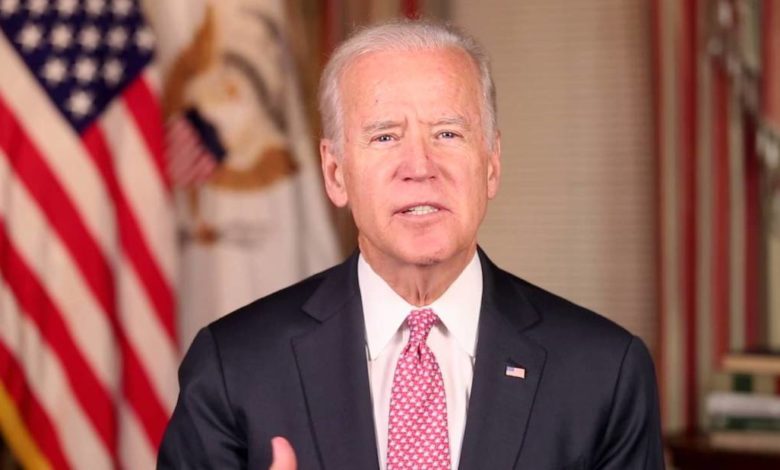Limited maritime spend in Biden’s $2trn infrastructure plans

On March 31, the White House released a fact sheet about its American Jobs Plan – referred to by President Biden as “a once-in-a-generation investment in America” – to rebuild infrastructure, create jobs and enable the country to better compete with China. Ports chiefs however will be disappointed by the limited spending earmarked for the sector.
As proposed, the American Jobs Plan seeks to:
- fix highways, rebuild bridges, upgrade ports, airports and transit systems;
- deliver a renewed electric grid and high-speed broadband to all Americans; and
- revitalise manufacturing, secure US supply chains, invest in R&D, and train Americans for the jobs of the future.
The plan calls for a total investment of about $2trn over a decade, which the Biden administration intends to fund by raising the federal corporate tax rate to 28%t. According to the Made in America Tax Plan, also discussed in the fact sheet, this increase and other incentives would result in more than enough money over 15 years to pay for the investments in the American Jobs Plan.
The $621bn earmarked for “transportation infrastructure and resilience” includes money to “improve ports, waterways and airports.” However, drilling into the numbers, just $17bn has been set aside for ports, inland waterways, ferries and land ports of entry
As part of a $180bn investment in research and development, the plan looks to “establish the U.S. as a leader in climate science, innovation and R&D.” This would include investment in carbon capture and storage, hydrogen, advanced nuclear and floating offshore wind power, and biofuels/bioproducts.
Through an infusion of $300bn, the administration hopes to strengthen manufacturing supply chains for critical goods, semiconductors and clean-energy goods, funding investments to support production in the U.S. and increasing access to capital for domestic manufacturers.
The Made in America Tax Plan spells out several tactics to discourage offshoring and reward onshoring by US multinational corporations. If passed as presented, the changes outlined in the two plans could significantly impact marine carriers, forwarders and other providers in the cargo sector.
While there has been discussion in the US for several years on the need for an infrastructure-development plan, there will no doubt be heated arguments to come, as indicated by the feedback from several business organisations.
The Business Roundtable, based in Washington, D.C., supports infrastructure investment “as essential to economic growth,” but “strongly opposes corporate tax increases.” Instead, the organisation said, “Congress should set a course for steady, reliable funding for infrastructure over the long term.”
Neil Bradley, executive vice president and chief policy officer of the US Chamber of Commerce, applauded the Biden administration for making infrastructure a top priority, but said: “The proposal is dangerously misguided when it comes to how to pay for infrastructure.” The chamber believes infrastructure “should be paid for over time—say 30 years—by the users who benefit from the investment.” It strongly opposes the tax increases proposed by the administration.
The National Retail Federation is also critical of the tax funding model, saying in a statement, “Improving US roads, railways, bridges and ports will help the retail industry continue to move the products Americans want and need, but burdening businesses with the biggest corporate rate increase in 70 years will lead to further closures and job cuts.”
Press secretary Jen Psaki said in a press briefing on Thursday that the administration looks forward to discussion and the exploration of ideas aimed at passing the plan.
